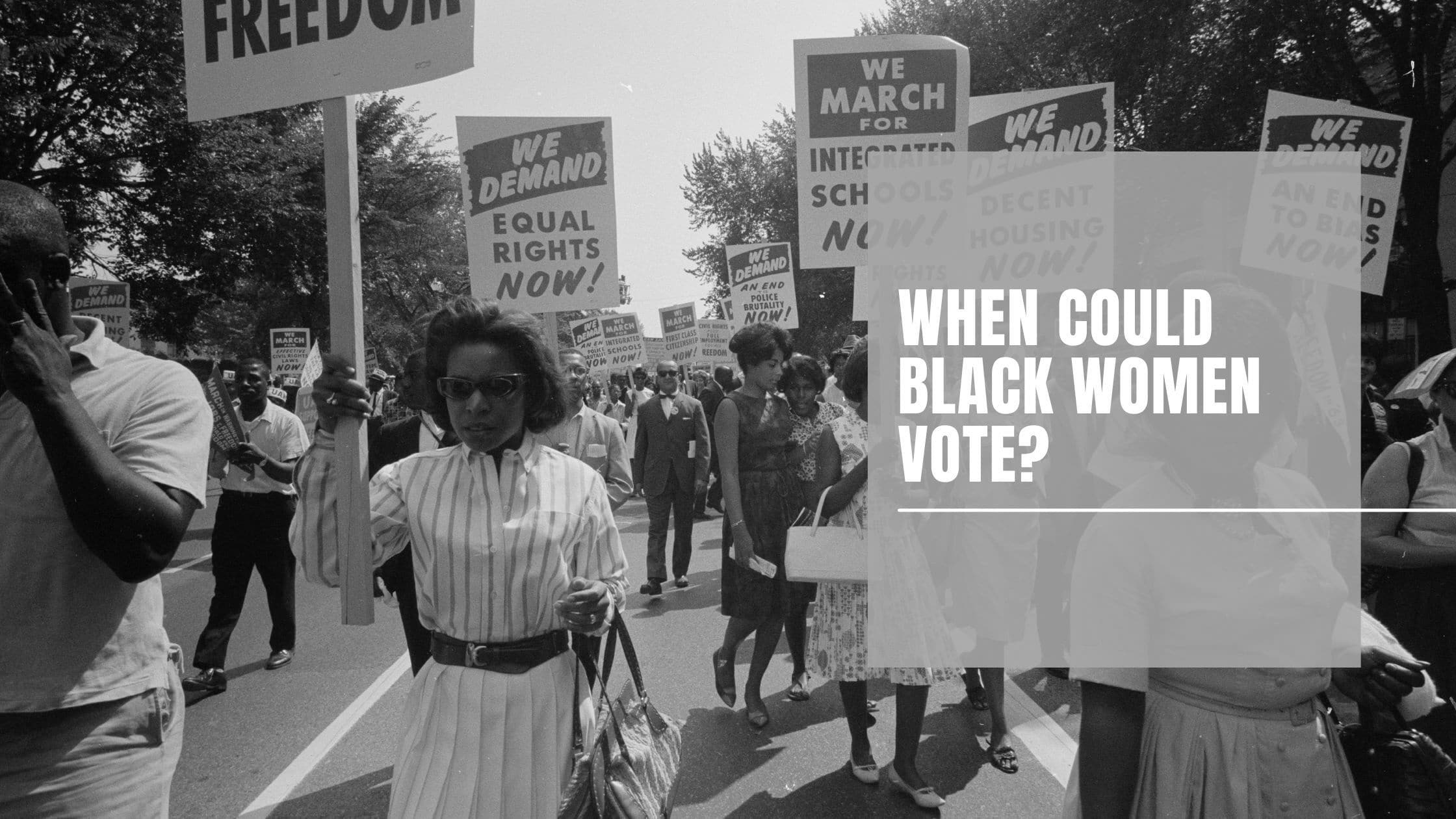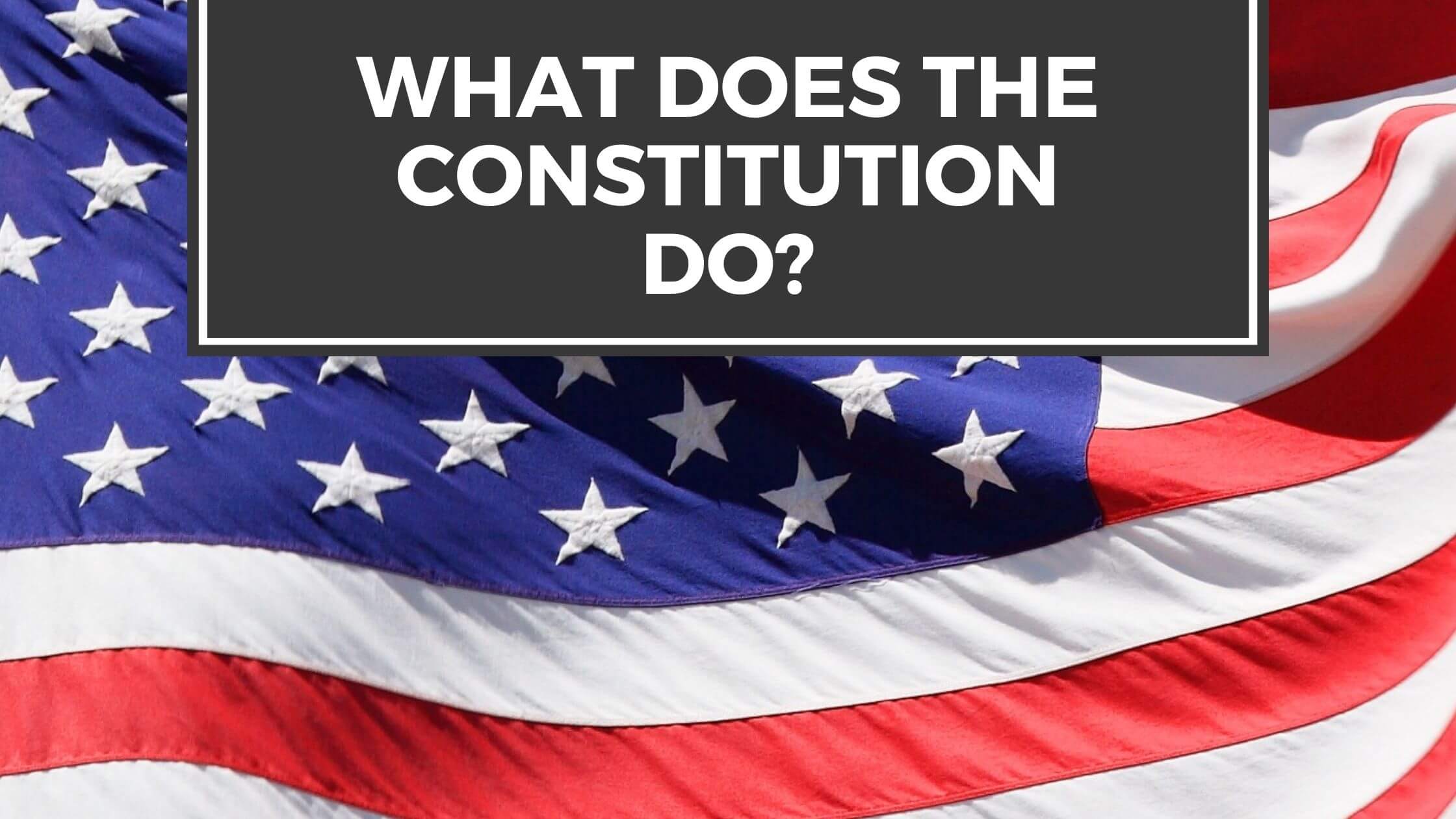Table of Contents
ToggleFraming the Constitution
The United States was born of necessity and urgency. As the American Colonists worked to overthrow British rule, they drafted a document known as the Articles of Confederation that governed how the States would work together.
This document was flawed, however, and placed very little power in the hands of the national government. Resulting unrest and financial troubles forced the United States to organize a convention to draft a new Constitution.
Known as the Philadelphia Convention after its host city, the document produced by this event still governs the United States to this day. We know this document as the constitution.
Here’s a list of all of the delegates that attended this convention, organized by state.
The Framers Of the Constitution By State
Connecticut
Oliver Ellsworth
A former state attorney, Ellsworth was a delegate to the Continental Congress during the Revolutionary War. He was instrumental in forging the Connecticut Compromise, an agreement between states with different populations on how congressional representation would be assigned.
Ellsworth served as Chief Justice of the Supreme Court between 1796 and 1800.
William Samuel Johnson
A commander during the Revolutionary War, Johnson unsuccessfully ran for the First Continental Congress prior to the drafting of the Constitution. Scholars think Johnson was a mature, calming influence on the convention and describe his speeches as “eloquent” and highly impactful.
Roger Sherman
Notable for signing the Declaration of Independence, the Articles of Confederation, and the Constitution, Sherman was the second oldest delegate at the Constitutional Convention.
He was a self-taught former lawyer who went on to become the treasurer of Yale and both a congressman and a senator for Connecticut.
Delaware
Richard Bassett
A former lawyer and state assemblyman, Bassett was elected to the US Senate in 1789. After his term as a senator, he became a judge in the Delaware Court of Common Pleas until 1799. He then served as governor of Delaware until 1801. In 1801, he served as a Federal Circuit Court judge before retiring from public office.
Gunning Bedford Jr.
Prior to serving as a constitutional delegate for Delaware, Bedford was a general in the Revolutionary War and an aide to George Washington. After the convention, Bedford was the Attorney General of Delaware until 1789, then a district judge until his death in 1812. Bedford was a notable abolitionist.
Jacob Broom
A businessman with little national political experience compared to other delegates, Broom brought novel ideas to the constitutional convention, including a nine-year term limit for senators and giving federal congresspeople the ability to veto state laws.
After the convention, Broom chose to involve himself in his city’s government instead of running for state or federal office.
John Dickinson
A famous revolutionary author, Dickinson was responsible for many of the most influential documents involved in the revolutionary war.
His Letters from a Farmer in Pennsylvania were instrumental in developing support for the revolution. Dickenson wrote two letters to King George about the colonies’ grievances, then helped Jefferson write the Declaration of the Causes and Necessity of Taking Up Arms, a document used by the Continental Congress to explain the Revolutionary War.
Dickinson’s declining health caused him to retire from politics shortly after the Constitutional Convention.
George Read
A signer of both the Constitution and the Declaration of Independence, Read served as a US Senator from Delaware between 1789 and 1793. After his tenure as senator, he served as Chief Justice of the Delaware Supreme Court until his death in 1789.
Georgia
Abraham Baldwin
A former lawyer, Baldwin founded the University of Georgia. He served as a state assemblyman, a federal congressman, and a federal senator, becoming President pro tempore in 1801 and 1802. He remained a senator until his death in 1807.
William Few
A notable military leader during the Revolutionary War, Few’s background as a farmer gave him a unique perspective during the framing of the constitution.
He became one of Georgia’s first two federal senators under the constitution before moving to New York and holding various political and business positions, including alderman, state assemblyman, and Commissioner of Loans.
William Houstoun
A lawyer from an influential family, Houstoun was criticized by other delegates due to his lack of knowledge. He stayed at the convention for a mere three weeks. While he was there, however, he voted on key issues, including how senators would be allotted. Houstoun did not hold public office after the convention.
William Pierce
A former military officer and aid to Nathanael Greene, Pierce was a state legislator in Georgia before he joined the constitutional convention. Pierce is famous for recording “Character Sketches,” a narrative series that explores his views on other members of the convention.
Pierce left the convention to attend a duel with John Auldjo. The duel was stopped by Alexander Hamilton. Pierce ran for governor of Georgia but failed to win the election.
Maryland
Daniel Carroll
A Roman Catholic and signer of the Articles of Confederation as well as the Constitution, Daniel Caroll was a state senator in Maryland prior to the convention. He argued that the president should be appointed by the people, not the legislature. After the convention, Carroll helped determine the borders of the District of Columbia and served on the Maryland Senate.

Get Smarter on US News, History, and the Constitution
Join the thousands of fellow patriots who rely on our 5-minute newsletter to stay informed on the key events and trends that shaped our nation's past and continue to shape its present.
Luther Martin
A devout advocate of states’ rights, Martin left the convention early. He felt that the document gave too much power to the federal government, infringing on the ability of state governments to govern. Martin was a successful lawyer, serving as state attorney general for 28 years and helping Aaron Burr and Samuel Chase as a defense attorney.
James McHenry
A doctor during the Revolutionary War, McHenry served as a state legislator in Maryland before becoming Secretary of War under President George Washington. McHenry helped reorganize the military and persuaded congress to maintain standing military forces.
John Francis Mercer
A lawyer and planter, Mercer served as a federal congressman for Maryland after the convention prior to his election as governor of Maryland in 1801.
Daniel of St. Thomas Jenifer
One of the older delegates at the convention, Jenifer was a key player who helped the different viewpoints at the convention find compromises.
Massachusetts
Elbridge Gerry
After the convention, Gerry was Vice President under James Madison. While governor of Massachusetts, Gerry’s legislature created creatively drawn electoral districts, spawning the phrase “gerrymandering” to refer to similar practices by other politicians. Gerry died as Vice President.
Nathaniel Gorham
One of the presidents of the Continental Congress, Gorham helped George Washington administer the day-to-day workings of the constitutional convention as the acting leader while Washington was away.
Rufus King
An advocate for the strong national government, King served as a senator after the Constitution went into effect. He lost the 1816 presidential election to James Monroe.
Caleb Strong
A lawyer, Strong became Governor of Massachusetts twice, from 1800 to 1807 and from 1812 to 1816. As governor of Massachusetts during the war of 1812, his anti-war attitude and weak defense of the state’s northern sections was a driving factor behind Maine’s push for independence.
New Hampshire
Nicholas Gilman
An officer during the Revolutionary War, Gilman served in the Continental Congress as a representative for New Hampshire. He served as a federal congressman for four terms after the Constitution was ratified. After a handful of other political offices, he became a federal senator until his death.
John Langdon
After the convention, Langdon became one of the first two federal senators from New Hampshire. Langdon was formerly a member of the Continental Congress and a major advocate for the Revolutionary War. He was both President and Governor of New Hampshire.
New Jersey
David Brearley
During the constitutional convention, Brearley served as the chairman of the Committee on Postponed Parts, which examined many of the most contentious and important parts of the constitution. Brearley became a federal district judge after the constitution was ratified. He died in office.
Jonathan Dayton
The youngest delegate to sign the Constitution, he served as a federal congressman and senator for New Jersey. Dayton was associated with Aaron Burr during his conspiracy against the United States, causing his political career to die.
William Houston
A former Continental Congress member, Houston left the constitutional convention after only a week due to health problems.
William Livingston
The governor of New Jersey during the revolutionary war, Livingston was reelected as state Governor until he died in 1790.
William Paterson
During the constitutional convention, Paterson advocated for equal representation for all states in congress. After the convention, he became a federal senator until 1790 before becoming governor of New Jersey. He became a Supreme Court justice in 1793, serving until his death in 1806.
New York
Alexander Hamilton
Hamilton became Washington’s Secretary of the Treasury and was instrumental in shaping the United States’ economy during its first few years. He became commanding general of the US Army prior to 1800, then was shot in a duel with Aaron Burr in 1804.
John Lansing Jr.
A New York state assemblyman, Lansing opposed the constitution, preferring a document with more control left to the states. He left the convention in July.
Robert Yates
A notable author opposed the constitution, preferring states to have more power. His influence was instrumental in getting the Bill of Rights added to the constitution.
North Carolina
William Blount
After the convention, Blount served as governor of the Southwest Territory. He became a federal senator from Tenessee in 1796.
William Richardson Davie
A celebrated officer during the Revolutionary War, Davie become governor of North Carolina in 1789. In 1799, he resigned as governor to serve on a delegation to France.
Alexander Martin
Martin served as governor of North Carolina twice, in 1782 and 1789. Prior to the convention, he was an officer in the Revolutionary War.
Richard Dobbs Spaight
Like Martin, Spaight was a governor of North Carolina after the convention. He died in a duel in 1802.
Hugh Williamson
As a doctor during the Revolutionary War, Williamson’s experiences caused him to advocate for a strong federal government. During the war, his efforts to keep his fellow troops sanitary and healthy helped prevent the spread of disease. He served in the first federal Congress before retiring to a life of scholarly pursuit.
Pennsylvania
George Clymer
Notable for being one of the few signers of the Declaration of Independence who was not a slaveowner, Clymer was a legislator, banker, and tax official. He served as treasurer of the Continental Congress, giving him a unique insight into the problems caused by a lack of strong central government.
Thomas Fitzsimons
A former military officer, Fitzsimons served the militia of Pennsylvania as an administrator during the later stages of the Revolutionary War. He was a strong supporter of military power and one of the few founding fathers who thought America should maintain a standing military. Fitzsimons served as a federal congressman for three terms before the Federalist party lost popular support.
Benjamin Franklin
Franklin was a notable scientist whose political influence was a vital driving force behind American unity and independence. He was a newspaper editor and publisher, he founded the University of Pennsylvania, and he was a leading diplomat for the cause of the Colonies in Europe. Franklin’s efforts to secure logistical support from France kept American revolutionaries armed during their fight against the British. During the constitutional convention, the aging Franklin spoke little, although his political stature made his few utterances important.
Jared Ingersoll
A graduate of Yale and an accomplished lawyer, Ingersoll served in the Continental Congress. He became Attorney General of Pennsylvania twice after the Constitution was ratified, in both 1791 and 1811. Ingersoll was one of the first lawyers to argue in front of the Supreme Court, having the privilege of being involved in two early cases.
Thomas Mifflin
As the president of Pennsylvania, Mifflin was an important figure in state politics. During the war, he acted as an aide to George Washington before rising to the rank of general himself. He brought his experiences from the Philadelphia Convention back to Pennsylvania and helped his state draft its own constitution in a similar vein before winning the election to become Pennsylvania’s first governor.
Gouverneur Morris
The famous preamble of the constitution (“we the people…”) was written by Morris. Morris was a delegate in the Continental Congress who advocated strongly for the troops, forcing the weak pre-constitution government to change how it financed and supplied its soldiers. Scholars believe that Morris was responsible for writing most of the actual text in the Constitution.
Robert Morris
A financial power player, Robert Morris served as the Superintendent of Finance of the Continental Congress. As the richest man in America, he personally financed large parts of the war effort and secured loans from France and other sources to help pay for the rest. Morris’ experience with the weak central government’s inability to levy taxes caused him to advocate for a much stronger central government during the constitutional convention.
James Wilson
One of the most important legal scholars of his generation, Wilson served with Gouveneur Morris on the committee responsible for actually writing the Constitution. He was responsible for shaping the executive branch. He was one of few delegates who advocated for the popular election of federal officials at the Philadelphia Convention. Wilson opposed the Bill of Rights when it was being debated and served as a Supreme Court Justice for nine years.
South Carolina
Pierce Butler
Butler was one of America’s most prominent and powerful slaveholders during the constitutional convention. He vigorously defended the institution of slavery, leading to both the Fugitive Slave Clause and the Three Fifths Compromise. Butler lived as a businessman after the convention, becoming one of the richest men in America thanks to his vast landholdings.
Charles Cotesworth Pinckney
One of South Carolina’s best attorneys, Pinckney was an advocate for a strong national government. He helped to frame the constitution of South Carolina after the US Constitution was ratified. Pinkney ran for Vice President twice as a Federalist and was defeated both times.
Charles Pinckney
The first cousin of Charles Cotesworth Pinckney, Charles Pinckney served in the Third Continental Congress during the Revolutionary War. After a brief stint as a soldier and a prisoner of war, Pinckney again returned to politics, serving as a congressman in both the Continental Congress and in South Carolina’s state assembly. After the convention, he claimed that he was responsible for creating an early draft upon which the Constitution was based, although other delegates dispute this claim. Pinckney served as governor of South Carolina for three non-consecutive terms.
John Rutledge
The former President and Governor of South Carolina, Rutledge became the second Chief Justice of the Supreme Court after the Constitution was ratified. His actions as a commanding officer during the Revolutionary War contributed to the defense of Charleston and are still celebrated to this day. At the convention, Rutledge strongly opposed the idea that only wealthy landowners should vote and contributed to the Supreme Court’s inability to offer advisory opinions.
Virginia
John Blair
One of the era’s most notable legal scholars, John Blair tried to avoid the stage of politics as much as he could. Instead, he served as a judge and committee member in some of the most important courts and conventions in Virginia. He became a Supreme Court justice early in the country’s life and decided on one of its first important cases.
James Madison
The fourth President of the United States, Madison was perhaps the most influential member of the constitutional convention. He helped to create the Virginia Plan, a rough outline of the ideas that the later Constitution would embody. After the convention, Madison was one of the authors of the Federalist Papers, a series of essays that helped to convince the states to ratify the Constitution. Madison also helped to pass the Bill of Rights, quelling the rising call for a second constitutional convention.
George Mason
One of three present delegates who chose not to sign the Constitution, Mason was a strong advocate for enumerated individual rights. His advocacy on this issue led to the passage of the Bill of Rights shortly after the Constitution was adopted. Mason’s objections to the Constitution have had a massive impact on American democracy, shaping the course of the country for many years.
James McClurg
A close personal friend of Thomas Jefferson, McClurg was a doctor and the three-time Mayor of Richmond. He left the convention in August, claiming that his presence would only fuel dissent.
Edmund Randolph
Randolph served on the convention’s Committee of Detail, which helped draft the Constitution based on the ideas put forth by the delegates. He became the first Attorney General of the United States under Washington and then became Secretary of State after Jefferson resigned.
George Washington
A celebrated war hero and politician, Washington was called to lead the convention to lend credibility and garner support for the resulting document. His popularity was so great that the drafters of the Constitution assumed he would be the nation’s first president, leaving many of the details of the office up to him. He served two terms as President after the Constitution was ratified.
George Wythe
A law professor, judge, and scholar, Wythe helped to establish the rules that the constitutional convention used to conduct its business. He left the convention early to care for a family member who was ill. After the constitution was ratified, Wythe became one of the first law professors in the United States.










